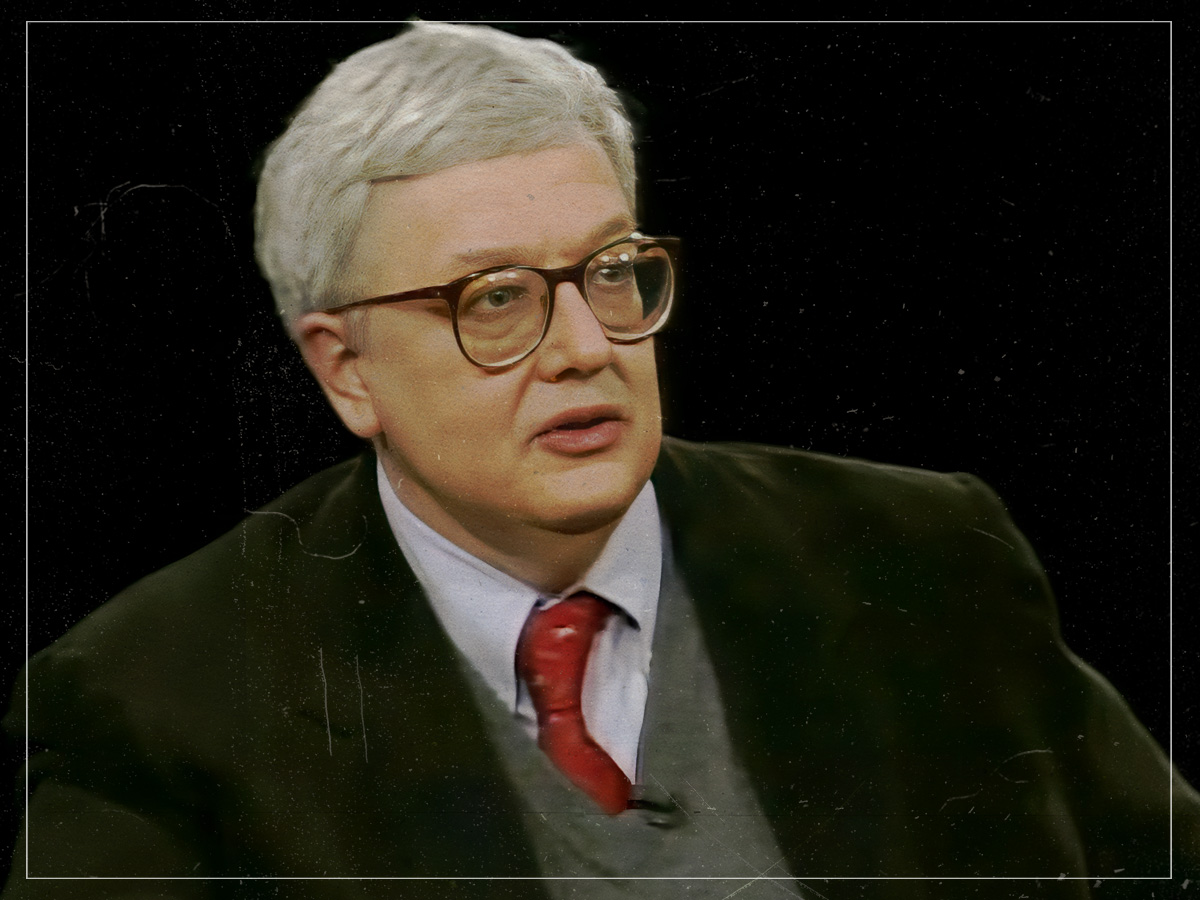
(Credits: Far Out / YouTube Still)
Musicals aren’t for everyone, and that’s perfectly fine. Roger Ebert had nothing against the genre, and he gave many of them rave reviews, but one thing he couldn’t abide was a musical that remade a previous movie that wasn’t a musical and then failed to justify making such a sweeping change.
On paper, it’s a simple way to differentiate a do-over from its predecessor. Whenever a recognisable or high-profile picture is remade, the first thing those familiar with the original tend to do is compare, contrast, and pit them against each other to see which one did certain scenes, beats, and plot points better.
With the addition of original songs, it evolves from like-for-like to apples and oranges. Still, it has to make sense within the context of the story, and Ebert thought it failed miserably. It was bold from the beginning to repurpose a Frank Capra flick for a new generation, especially one as successful as 1937’s Lost Horizon, which won two Academy Awards and notched another five nods, including ‘Best Picture’.
Adapted from James Hilton’s novel of the same name, the narrative remained largely identical: a plane crash in the Himalayas leaves a disparate band of survivors smack dab in the middle of the mythical Shangri-La, before one of their number decides to investigate whether their airborne accident was as accidental as it seemed, opening the door to some startling revelations.
The biggest difference between Capra’s 1937 version and Larry Kramer’s 1973 update was the musical element, and the production spared no expense by hiring two of the industry’s most trusted and proven songwriters, lyricists, and recording artists to compose the songs and the soundtracks, which left Ebert suitably baffled.
“I don’t know how much Ross Hunter paid Burt Bacharach and Hal David to write the music for Lost Horizon, but whatever it was, it was too much,” he wrote in his one-star review. “Not that the movie would have been better if the music were better; no, the movie is awful on its own. But the music is really bad.”
Pointless remakes might be more prevalent in modern cinema, but as Ebert explained, it’s not exactly a new problem: “What I don’t understand is why the remake had to be a musical in the first place,” he questioned. “Just a nice, quiet new version of the good old story would have been good enough. The material is so slight it can hardly bear the weight of music.”
It wasn’t just the songs that irritated Ebert, though, because Lost Horizon V2.0 also featured some dance numbers. Not just any dance numbers either, but one particular back-and-forth that the critic called “the single worst piece of choreography you’ve ever seen in your life.”
Did Bacharach and David at least conjure one memorable tune for the remake? According to Ebert, no, after he described the entire soundtrack as a collection of “songs that I absolutely cannot remember.” He wasn’t alone in his withering assessment, with Lost Horizon taking a beating from critics and bombing at the box office, to such an extent that it’s best remembered for helping to kill off the roadshow era permanently.
Related Topics









